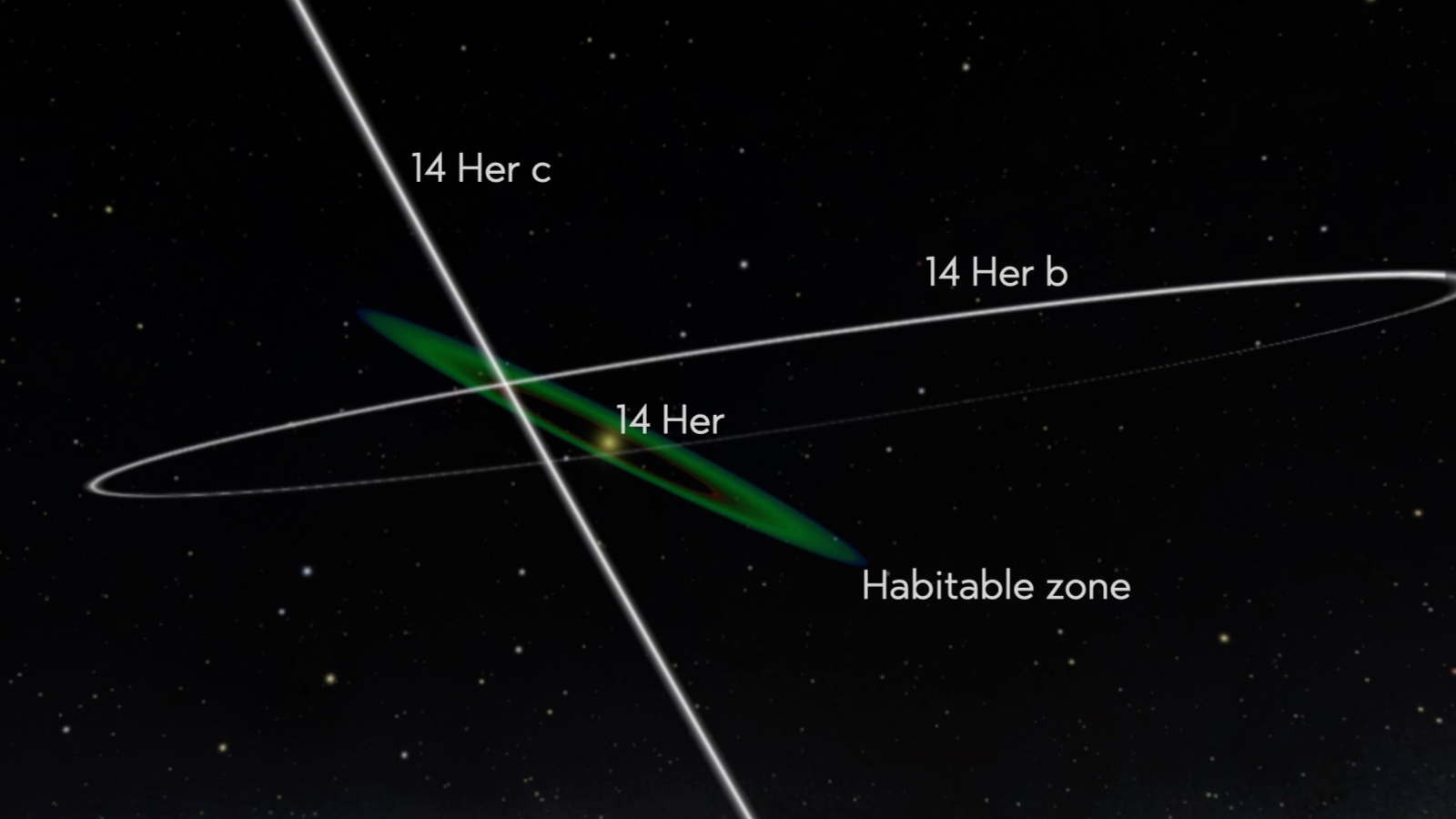In defense of the J.J. Abrams Star Trek movies
J.J. Abrams' Star Trek movies dared to go boldly go where 'some men' had gone before.
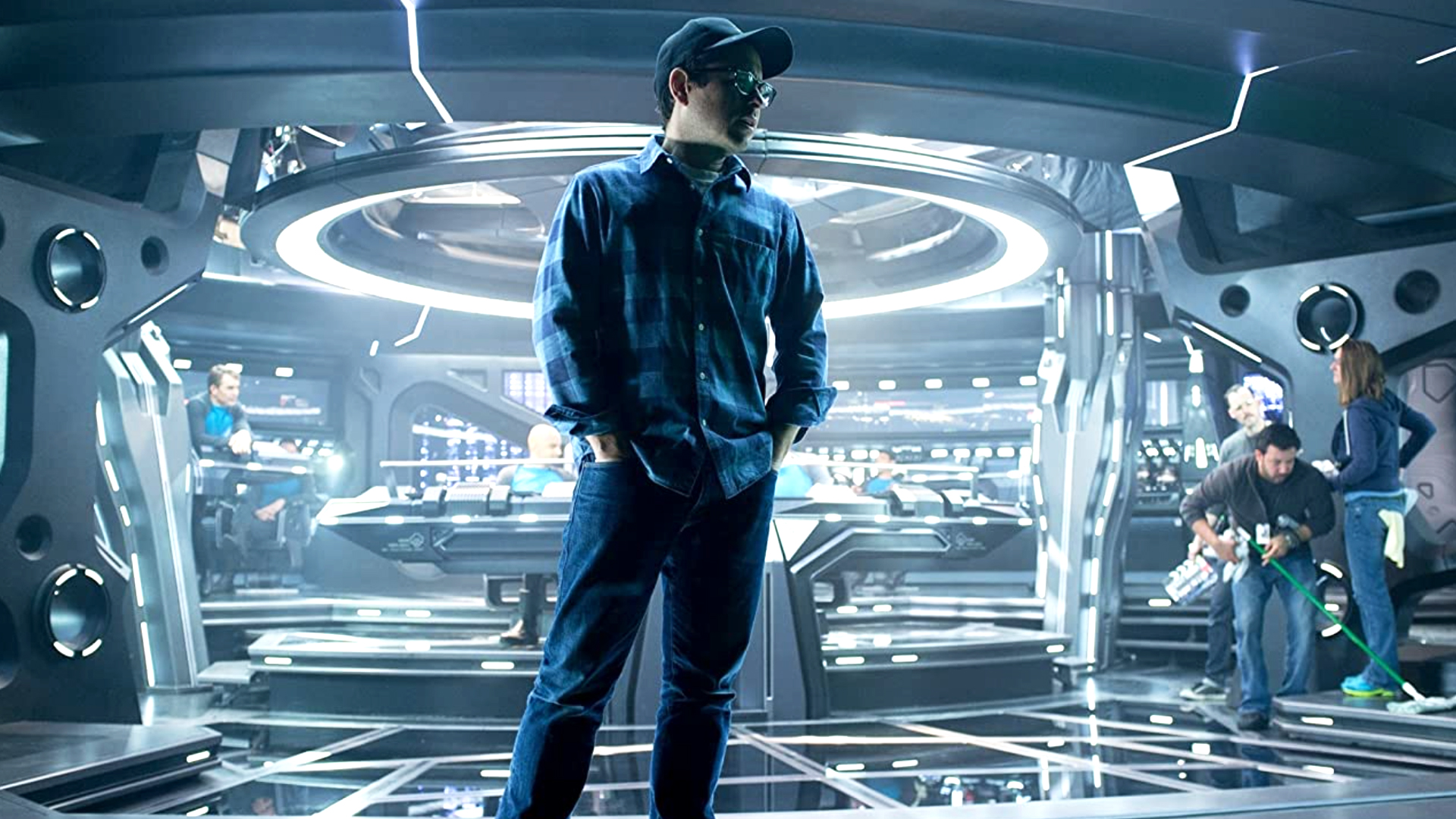
For a fanbase as passionate as the one Star Trek has collected over the years, change is often met with collective suspicion rather than communal excitement.
Star Trek is sacred, and those who cut their teeth on the William Shatner-starring original series or the much loved Next Generation are fiercely protective of their darling franchise. Anyone brave enough to reimagine the series for new audiences has a cosmically high bar to leap, with many believing the task to be a no-win scenario (a 'kobayashi maru', perhaps?).
In the age of remakes, remasters and reimaginings, Star Trek has seen numerous iterations of its winning formula, some garnering success and others catastrophic failure. Losses be damned, though, as when it does succeed, the seasoned sci-fi franchise does so in spectacular fashion.
While shows like Discovery and Lower Decks take us to a new branch of Starfleet or a new story in the Star Trek universe, the 2009 self-titled film tackles the Kirk and Spock story head on, and it's bravery is rewarded. The 2009 film is a masterclass in contemporary science fiction, and by building Kirk and Spock respectively and setting them for a collision course in the film's opening act, it reminds us of the pair's polarizing differences, as well as their critical similarities.
It’s a new Star Trek for a new audience, and in forging something fitting for the current climate of films and media it’s crucial that the seasoned franchise makes small, yet significant differences to ensure that new releases don’t feel like a relic from the past.
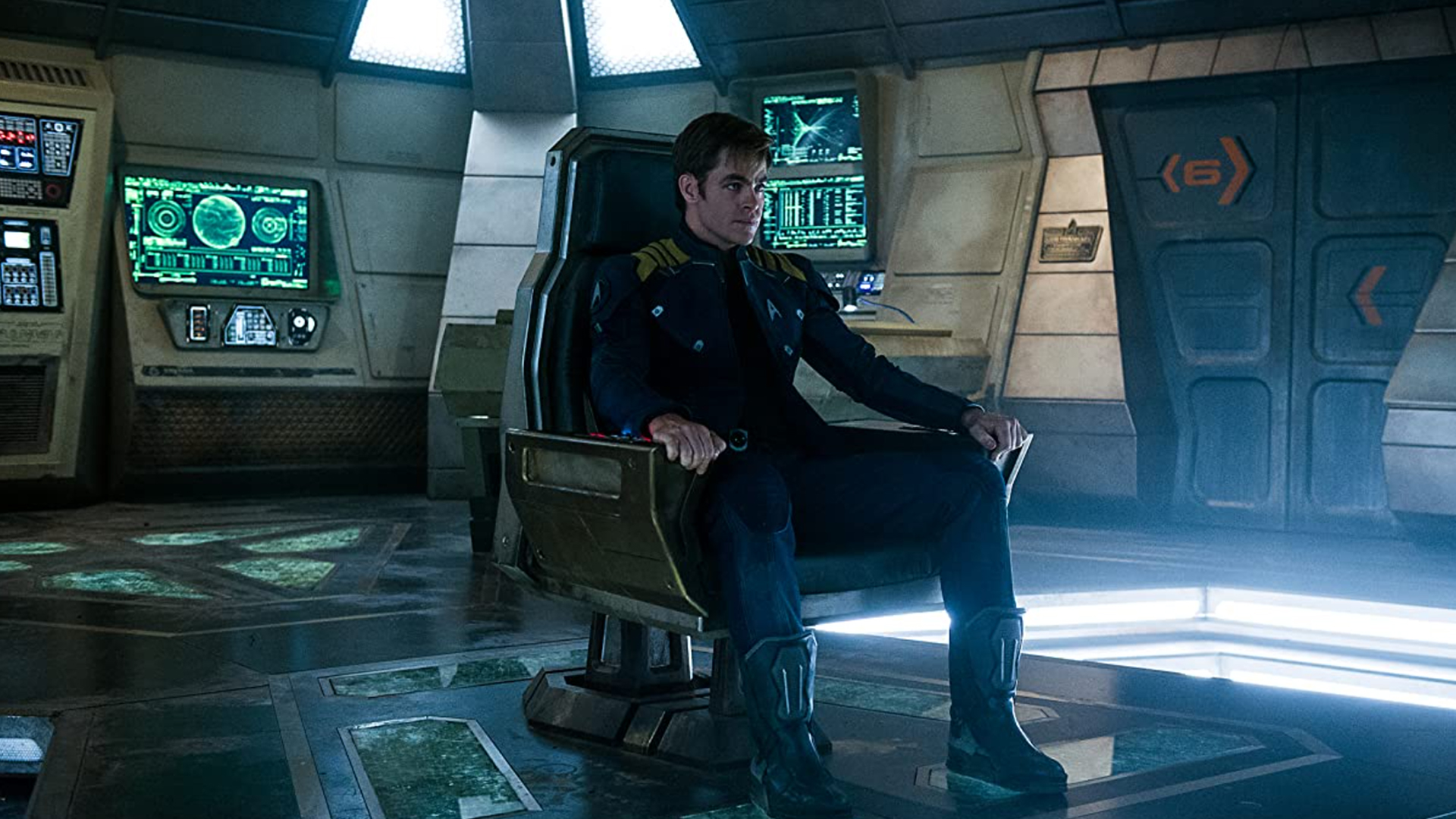
Leap Before You Look
The success of the Star Trek license has been a result of a winning formula; one that’s sure to capture the hearts of many, and - critically - is future-proofed to continue to appeal to new fans. J.J. Abrams and Bad Robot Productions didn’t do away with what made the original series special (unlike some sci-fi properties), instead they reflected on the past and evolved them significantly. Thus, the Kelvin timeline was born.
Old friends and new alliances prop up the plot of the first in the trilogy, and the familiar face of series icon Leonard Nimoy is simply a wonderful wrinkle that pays dividends. The passing of the torch from Nimoy to Quinto was simply excellent, and though the role was somewhat short-lived for the Heroes actor, it was more than prosperous as his performance as the stoic, yet compassionate Spock impressed critics and fans alike. In fact, it's hard to pluck a bad or out of place performance from the entire trilogy, as the glut of talented actors presented offer some of their best to date.
It has to be said, however, that though the performances remain top notch, it's evident that some of the magic is lost as the trilogy develops. Into Darkness reintroduces us to an iconic villain but lacks the emotional weight of the first and while Beyond provides more of the USS Enterprise crew that we’ve come to love, it does have an air of the 'soulless Summer blockbuster' feel to it. What makes the trilogy more than a one hit wonder is Abrams and co’s ability to develop authentic, grounded and human character quirks for a whole host of personalities that are often anything but.
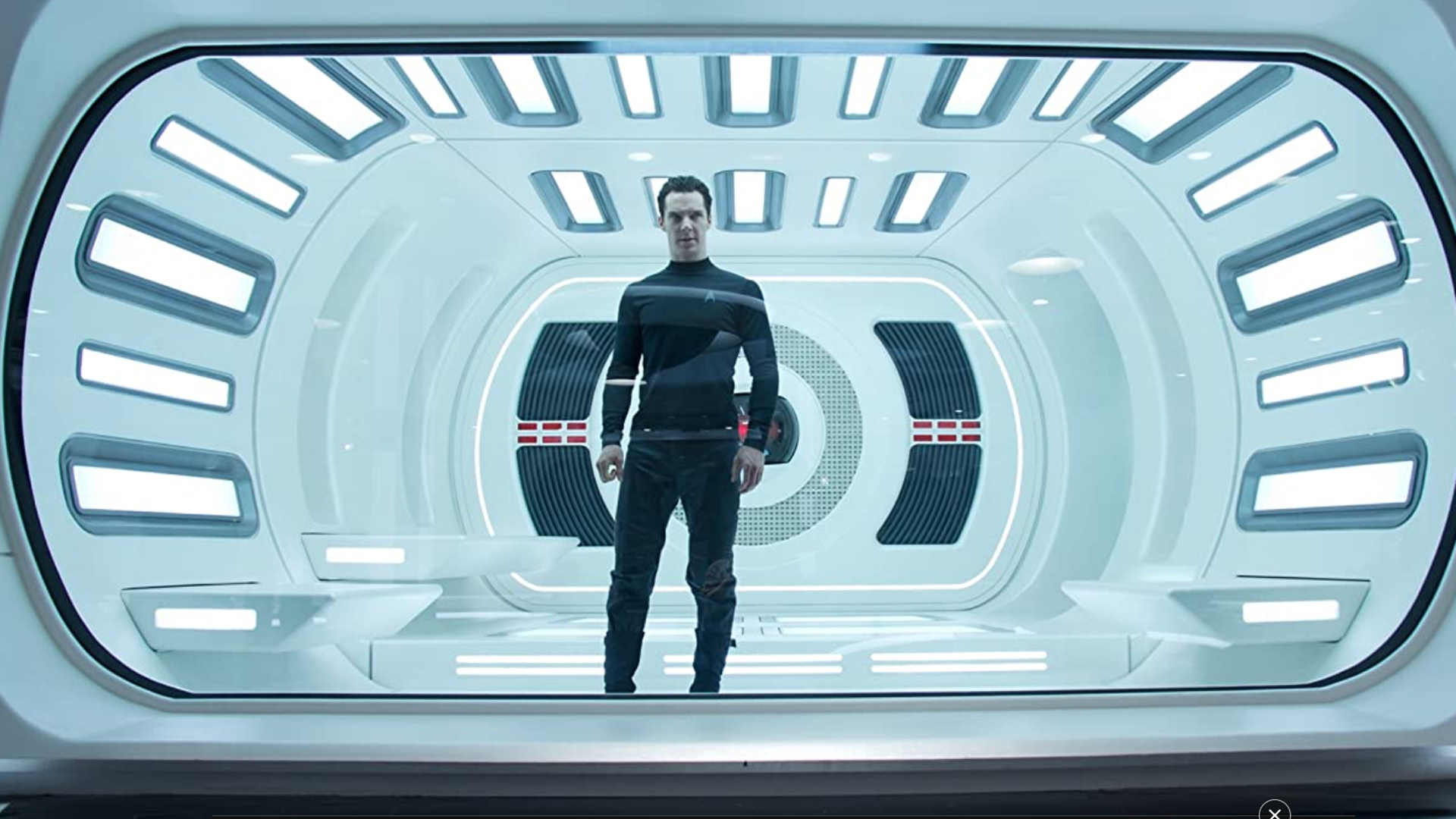
Star Trek Into Darkness was largely a victim of a poor release window. Set out into a world cluttered by cookie-cutter offerings in the MCU like Ironman 3 and lackluster Shyamalan sci-fi attempts like After Earth, the consensus was that it didn’t offer much that the scores of other summer blockbusters didn’t. It’s a great film, and a continuation of a story that thoroughly deserved another chapter in the tale. The chemistry of the Enterprise crew is as good as it’s ever been and the injection of a menacing villain was a much needed correction to the only significant flaw of the first film.
Beyond was helmed by Justin Lin of Fast and Furious fame, and while he brought his own flavour to the franchise (and far fewer lense flares), it saw our heroes depart on a fun --albeit linear-- adventure that served as a platform for the already-developed characters to flourish. No origin story was necessary to maintain the viewers’ attention, as the chemistry that three films across seven years had forged between the actors and their respective roles.
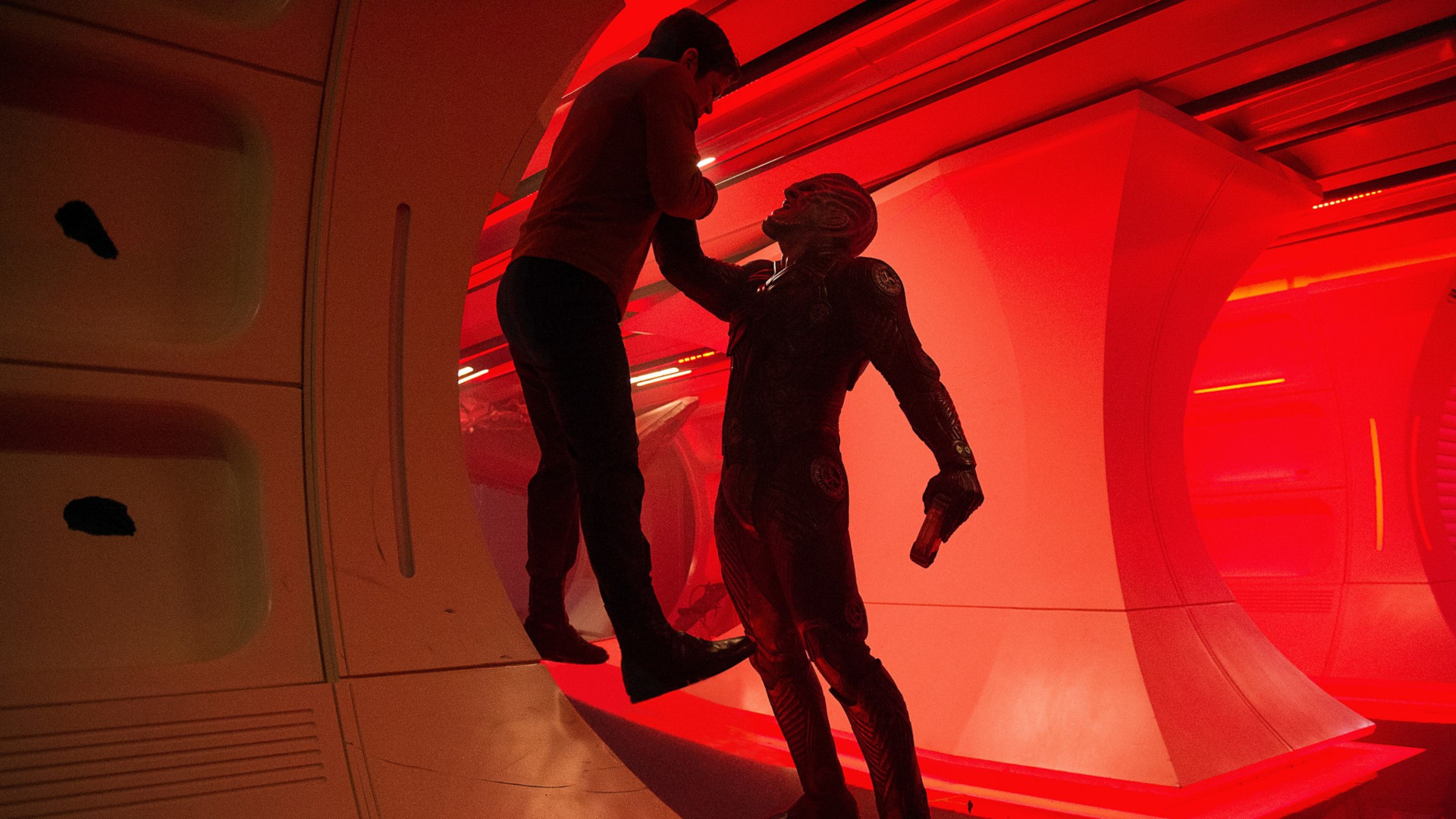
Furthermore, the somewhat vague reports of Quentin Tarantino circling the Star Trek IP is enticing to anyone familiar with his previous work, and though many believe the recent trilogy to be concluded, there's always a possibility of a continuation, and the Pulp Fiction director's supposed interest is enough to garner more than a little excitement. Will it happen? Who knows, but it's enough to make keen cinephiles (Star Trek fan or not) curious.
The trilogy is flawed, yes, but with the franchise providing less-than-stellar action sequences and over the top acting in decades past, it's clear to viewers that Star Trek wears its flaws on its sleeve. In truth, most of said viewers would find such blemishes charming rather than distracting, and a reminder that the franchise has always blazed new trails rather than retreading old ones.
Like James T. Kirk and his father before him, Star Trek is a franchise that always leaps before it looks, which has resulted in a few harsh lessons and more than a few home runs. A quick glance at our Star Trek movies, ranked worst to best article will show that when J.J was firing on all cylinders, his Trek movies were up there with the best of them.
To Boldly Go...
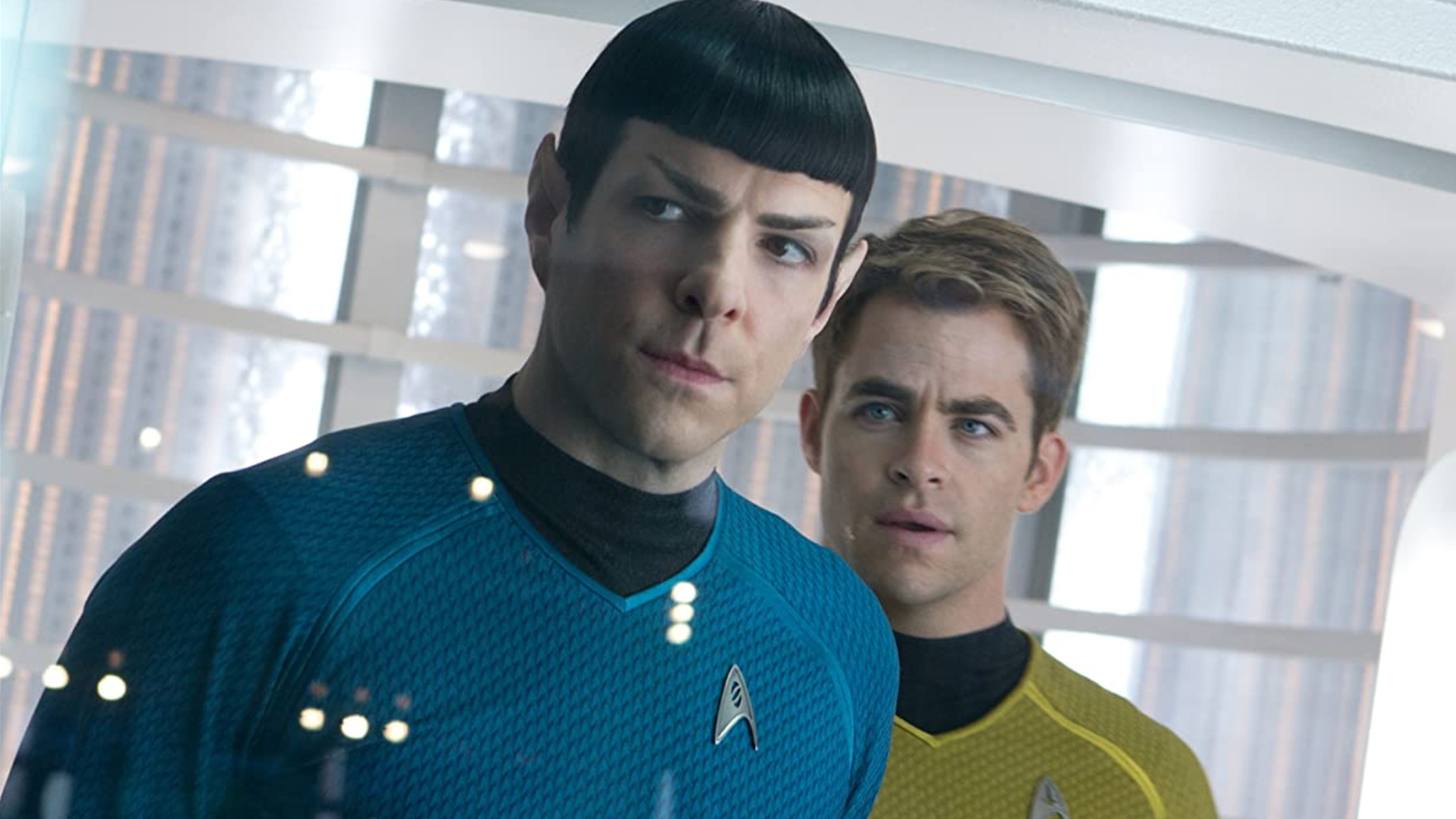
Nostalgia is a frightfully difficult impulse to overcome. When we find something we love in fiction, the characters, its stories and the adventures that they take us on are forever etched into our minds, only maturing with age to the point where the rose-tinted spectacles are in full effect.
To many, Star Trek was the first series that took our impressionable minds to the moon and back, providing hours of escapism amongst the stars and allowing us a glimpse at what the future could be like.
As the swinging 60's stretch further into the rear view mirror and Star Trek's humble beginnings feel even more humble in comparison to modern CGI, the JJ Abrams-produced trilogy is proof that, in the face of immense adversity, the franchise still has more to give.
Abrams' take on the seasoned sci-fi franchise provides bright-eyed viewers of today the opportunity to feel the same way our parents and grandparents felt the first time their screen was graced by the frightful Gorn or the sinister Khan. It's made Star Trek fans of the sons and daughters of those faithful Trekkies from decades past, which is all the evidence you need to believe that J.J. Abrams created something truly special.
If you're looking to revisit the latest Star Trek trilogy, check out our Star Trek streaming guide to find out where you can watch the movies online. And if you're wondering where the Kelvin movies fit into the rest of the Trek timeline, well it's complicated, but our Star Trek movies in chronological order guide explains it all.
Join our Space Forums to keep talking space on the latest missions, night sky and more! And if you have a news tip, correction or comment, let us know at: community@space.com.
Get the Space.com Newsletter
Breaking space news, the latest updates on rocket launches, skywatching events and more!
